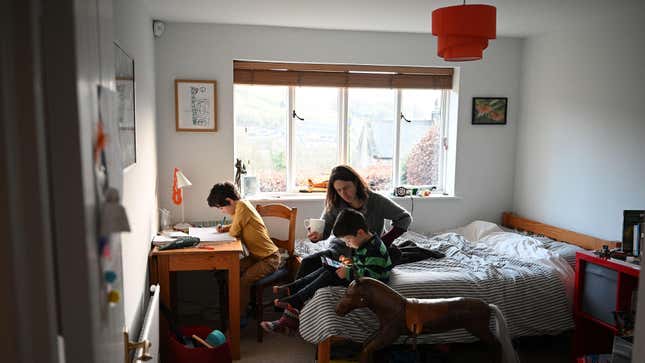Parents Will Start Getting Monthly Checks for Their Children in July
Politics

Some 39 million Americans will begin receiving monthly checks from the federal government in July as part of the expanded child tax credits Democrats passed in the latest covid relief package.
Families will receive $300 per child under six and $250 per child six or older for the rest of the year, according to the Washington Post. No application is necessary: The payments should arrive as direct deposits in Americans’ bank accounts on the 15th of each month (or close to it).
-

-

-

-

-

-

-

-

-

-

-

-

-

-

-

-

-

-

-

-

-

-

-

-

-

-

-

-

-

-

-

-

-

-

-

-

-

-

-

-








































